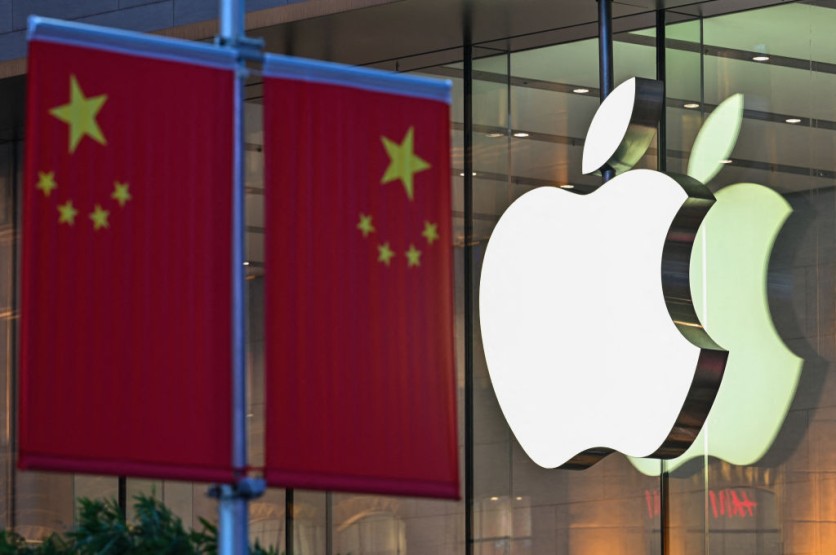
Apple is noticeably absent from the list of app shops that the Chinese government has published as adhering to new regulations governing the operation of app stores, following a new law requiring app store owners to provide detailed company information to China.
Other significant app store players submitted the necessary papers in compliance with the China app store law. There are 26 firms on the list, including six well-known ones like Ant Group, Baidu, Huawei, Tencent, Samsung, and Xiaomi, according to Apple Insider.
In less than a year, firms must provide their information to the Chinese government. In August 2023, the Cyberspace Administration of China (CAC) stated that companies have until March 2024 to comply.
Why Apple Has Not Complied?
The Chinese government regulation mandates that app creators must also have a Chinese firm or work with a regional publisher in addition to app stores.
New Chinese restrictions also encompass any firm that provides internet information services through applications in news, publishing, education, cinema, television, and religion.
Uncertainty surrounds how Apple intends to comply with the China app store law. The investigation by AppInChina revealed that, as of Monday, Apple had not begun monitoring the status of software submissions for compliance with these rules. The iPhone manufacturer is still silent on the subject.
Apple routinely emphasizes its dedication to abiding by the laws and regulations of the countries where it conducts business, even if they are controversial.
To adhere to Chinese law, Apple kept local customers' iCloud data in a Chinese data center in 2017. Apple claims that it holds the encryption keys and that user data is encrypted, according to 9 to 5 Mac. These claims are unlikely since Chinese law and government control can require user data access by court, unlike many other nations.
China Imposing Strict Regulations on Tech Industry
Major platforms like Facebook and Instagram are prohibited, and the Chinese government continues to exercise strong control over which applications are available within its borders.
Additionally, China has outlawed whole software categories, such as VPNs and generative AI programs, and mobile gaming applications are required to have separate licenses to address gambling risks.
Recently, China has reaffirmed that there are no legal restrictions on importing and using foreign-brand cell phones, including Apple's, in its socialist economy. The Foreign Ministry stressed China's openness to foreign companies and its market-oriented, law-based international business climate. Apple's mobile device security has garnered government scrutiny.
Foreign Ministry spokeswoman Mao Ning stressed that China is dedicated to transparency, preserving foreign investors' legal rights, and creating a market-focused, law-governed, and international-standard business environment, per Anadolu.
She noted that China has an "open attitude toward foreign enterprises" and welcomes them to "share the fruits" of its economic progress.
Due to cybersecurity concerns, Chinese officials banned government employees from using foreign-branded smartphones like iPhones in September. China is one of Apple's major markets, generating a lot of income.
These developments in China correspond with US officials' restrictions on Chinese devices, particularly Huawei ones, and federal and state regulation of TikTok.
Related Article : EU Industry Chief Tells Apple: 'Open Up' Ecosystem to Competitors

ⓒ 2025 TECHTIMES.com All rights reserved. Do not reproduce without permission.




